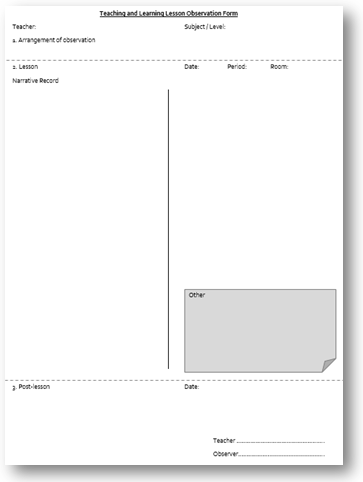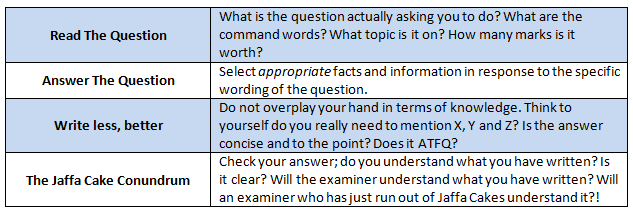
On Saturday 20th May St Albans School is holding its second education conference, this year exploring relationships in learning. The event is intentionally small in scale and refreshingly non-corporate, taking the best aspects of a TeachMeet and combining an overarching theme with dedicated time and space to driving conversations over refreshments, breaks and lunch (and perhaps even in the pub after the official event has ended). As a forum, the day works by actively giving delegates the opportunity to discuss themes from the keynotes and seminars on offer. This year the schedule has been tweaked to allow even more opportunities for talk and thought. The seminar sessions are workshops in the true sense of the word, allowing those present to contribute and drive the collective thought process. The hugely positive feedback from delegates at last year’s conference is shared at the bottom of this post.
Keynote speakers
The fabulous Professor Sophie Scott will be providing much merriment and mirth with the science of that most human interaction, comedy and humour. As deputy director of UCL’s institute of Cognitive Neuroscience her research interests include the neural basis of vocal communication and how our brains control the production of voice. Professor Scott’s TED talk on why we laugh has been viewed almost 2.5 million times.

Find out more about taking the time to develop learning and Slow Education, the antithesis of the McDonald’s production line, with keynote speaker Mike Grenier. Mike is an English teacher and Housemaster at Eton College and “one of the leading lights of the ‘Slow Education’ movement”.

- Jill at SASFE16
Dr Jill Berry is returning to SASFE following last year’s highly successful closing keynote. Author of the book Making the Leap and a preeminent consultant on leadership, she will be bringing her unique perspective to the day. As a former English Teacher, Head of Department and Head, Jill will be discussing the leadership of relationships with ideas that can be applied to the ‘leaders’ in every classroom of a school.
About the theme
The more I teach, the more convinced I am that relationships are key to successful outcomes. Human interactions are what makes education work and ultimately why we will not be replaced with machines. SASFE17 will help frame the discussion of what makes learning work on the level of relationships; come along and be a part of this discussion! It would be great to have you there on the day.
Why come along?
Don’t take my word for it… See the feedback from the St Albans School Forum on Education 2016!.
Feedback: What was your favourite aspect of the day?
“The whole thing was great, actually. Each speaker brought something quite different to the table…I enjoyed being able to take some ideas away from all sessions I attended – every single one gave me a practical idea to take away that I could implement or adapt. Importantly, they have all had an influence on my thinking and my approach; on my philosophy. I was really impressed actually!”
“There was a refreshing honesty about what we both know and don’t know about education. Speakers were engaging and clear.”
“Provided food for thought. Challenged my thinking and viewpoints.”

Martin Robinson, mid-keynote, opening the conference in 2016
“Practical suggestions directly related to my subject area”
“The ability to be in a smaller, intimate group.”
“The discussions which took place beyond the seminars”
“A combination of delivery, hands-on work in groups, discussion.”
Feedback: What was the most beneficial aspect of the event?
“As I so often find to be the case the most beneficial parts of this conference were those where the opportunity for discussion with staff from a variety of backgrounds/viewpoints was provided. In particular, I found the inclusion of a student in one of the discussions to be most thought provoking.”
“Networking and chance to discuss.”
“Well structured day. Sessions right length. Liked the 3 short keynotes. I liked the fact it was a relatively small crowd.”
“The opportunity to discuss with teachers from very different schools and backgrounds”
“Small groups meant you felt part of the event rather than simply a number”
“Meeting contacts old and new”
“The commonality of the speakers”
“Stimulating and challenging ideas to take away”

Ian Yorston giving his keynote on IT’s role in assessment at SASFE16
“The small group sessions and opportunity to share ideas”
“The combination of excellent workshops and keynotes with time for networking. It being small helped here. The day flew by!”
“An excellent opportunity to meet like-minded colleagues.”
“The small seminar style of options, with the opportunity to meet other teachers with similar interests and concerns.”
“Meeting other enthusiastic teachers and engaging in stimulating discussions.”
“Meeting enthusiastic teachers local to me, in all subjects and levels of management was really refreshing and motivating.”













